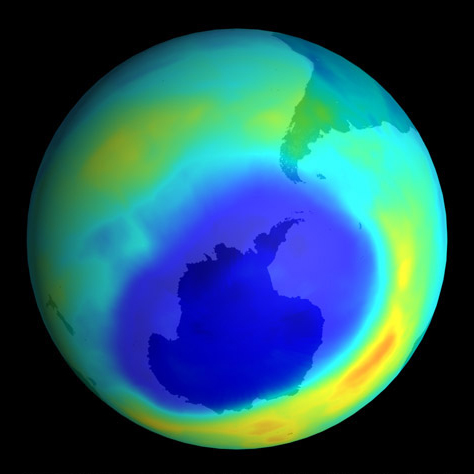 |
Moral Systems (Sociality and Communication)
A third important perspective on moral behavior addresses the interactions of organisms and their social organization (including what philosophers call an implicit social contract) (Figure 1). For example, behavioral genetics does not solve the problem of selfish behavior spreading in groups where innate reciprocity might arise. Psychological level considerations alone leave open the question of what may be learned and in what contexts. Relationships that emerge at the social level can shape behavior in ways that resolve these uncertainties. As Darwin suggested in 1871, human behaviors may well be shaped by "the wishes, approbation, and blame of his fellow-men" (p. 86).
 The most profound challenge to explaining moral behavior seems the threat of cheaters. Selfish individuals may proliferate by "free-riding" at the cost of sharers. Economists encounter this problem when they discuss public goods, intended to be distributed evenly, but freely available for anyone to take a disproportionate share. Philosopher Garret Hardin (1968) suggested that many environmental problems develop because individuals will tend to overuse or spoil a shared "commons" (public lands, rivers, oceans, the air) at everyone else's expense — resulting in what he called the tragedy of the commons. Problems seem inherent in any group trying to establish a pattern of sharing behavior. Ultimately, selfishness seems always to subvert cooperation. It may well seem an inescapable consequence of the process of natural selection.
The most profound challenge to explaining moral behavior seems the threat of cheaters. Selfish individuals may proliferate by "free-riding" at the cost of sharers. Economists encounter this problem when they discuss public goods, intended to be distributed evenly, but freely available for anyone to take a disproportionate share. Philosopher Garret Hardin (1968) suggested that many environmental problems develop because individuals will tend to overuse or spoil a shared "commons" (public lands, rivers, oceans, the air) at everyone else's expense — resulting in what he called the tragedy of the commons. Problems seem inherent in any group trying to establish a pattern of sharing behavior. Ultimately, selfishness seems always to subvert cooperation. It may well seem an inescapable consequence of the process of natural selection.
The problem arises, however, only when individuals act independently of each other. In a social setting, blind interactions can rarely be assumed. For example (as described in the following), individuals may learn to interact selectively: only with individuals that reciprocate or that are known publicly as reliable cooperators. –Or they may identify and punish violators. Social level interactions dramatically alter the prospects for moral behavior.
|

 |